Samsung has been facing growing criticism for the amount of pre-installed bloatware on its smartphones. Users and tech experts alike are expressing concerns over how these non-removable applications affect device performance and user experience. This exploration delves into the issue, examining the implications for Samsung and its customers.
The Rise of Bloatware in Smartphones
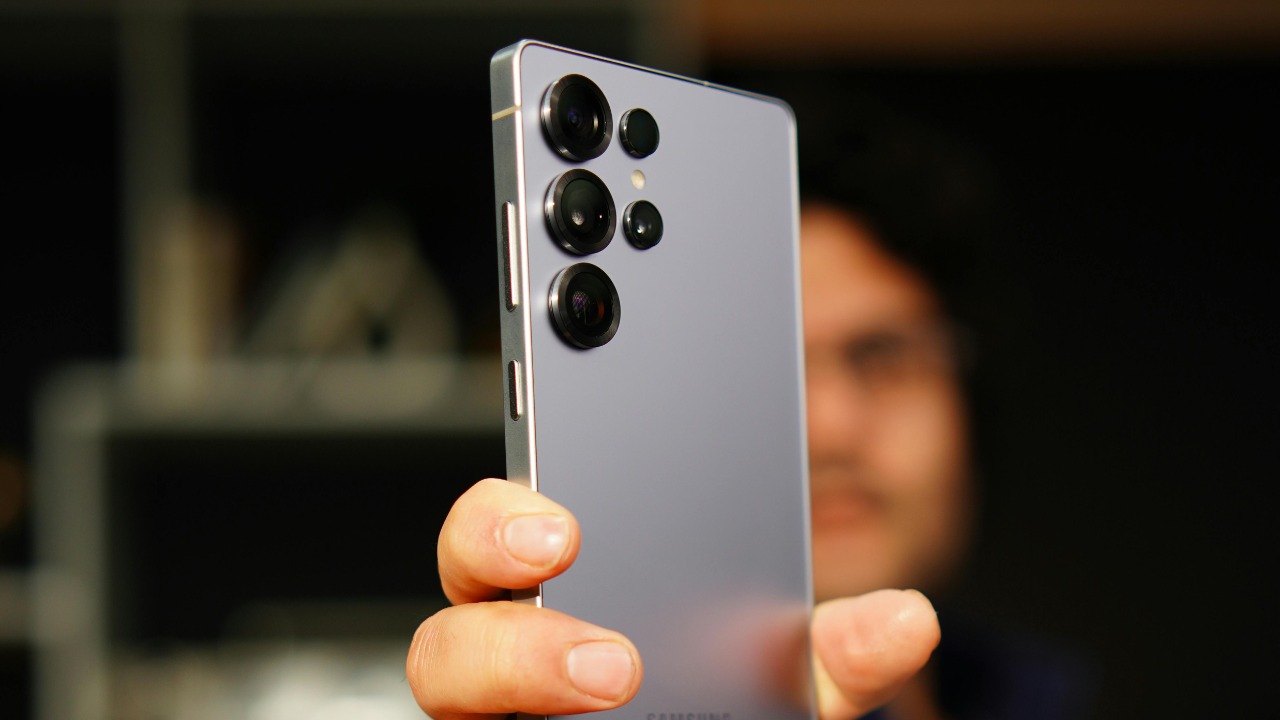
In the early days of smartphones, manufacturers began pre-installing additional software that users often found unnecessary. These bundled apps, commonly referred to as bloatware, have evolved from simple utilities to a wide array of applications covering everything from games to productivity tools. Historically, bloatware served as a way for manufacturers to generate additional revenue by striking deals with app developers or promoting their own services. However, as smartphones became more sophisticated, the presence of these pre-installed apps started to impact the overall user experience significantly.
The impact of bloatware on user experience and device performance is multifaceted. Users often report that these apps consume valuable storage space, reducing the amount available for personal files and new apps. Moreover, bloatware can run background processes that drain battery life and utilize system resources, leading to slower device performance. When compared to other smartphone manufacturers, Samsung is not alone in its bloatware practices. While companies like Apple keep pre-installed apps to a minimum, other Android manufacturers, such as Xiaomi and Huawei, also come under fire for similar issues. The proliferation of bloatware has prompted many users to seek comparisons and alternatives, especially when some manufacturers offer cleaner, more streamlined software experiences.
Consumer Backlash and Privacy Concerns
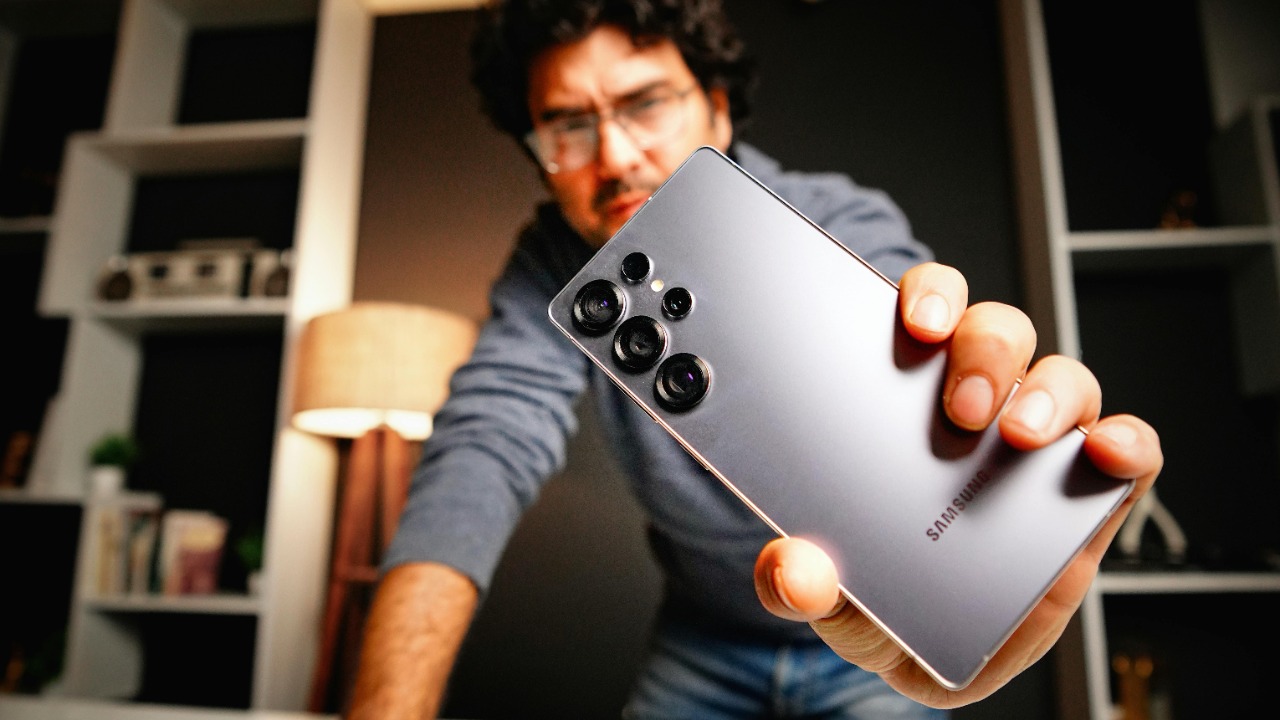
Consumer complaints against Samsung regarding bloatware have been on the rise, with many users taking to social media platforms and online forums to express their frustration. Petitions have been launched, calling for Samsung to allow users to remove or disable these pre-installed apps. A common complaint is the lack of choice, as these apps come pre-installed and are often impossible to uninstall without taking drastic measures such as rooting the device. This growing consumer backlash is not only about the inconvenience but also about perceived privacy violations.
Privacy concerns are a significant aspect of the bloatware debate. Many users worry about pre-installed apps collecting personal data without their explicit consent. Data collection practices by these apps can include tracking user location, accessing contacts, and monitoring usage patterns, all of which raise alarms for privacy-conscious consumers. A notable example is OnePlus, which faced backlash for its pre-installed Facebook services that were difficult to remove. Such cases highlight the need for greater transparency and control over the data that smartphone users unwittingly share with third-party companies.
Legal and Regulatory Implications
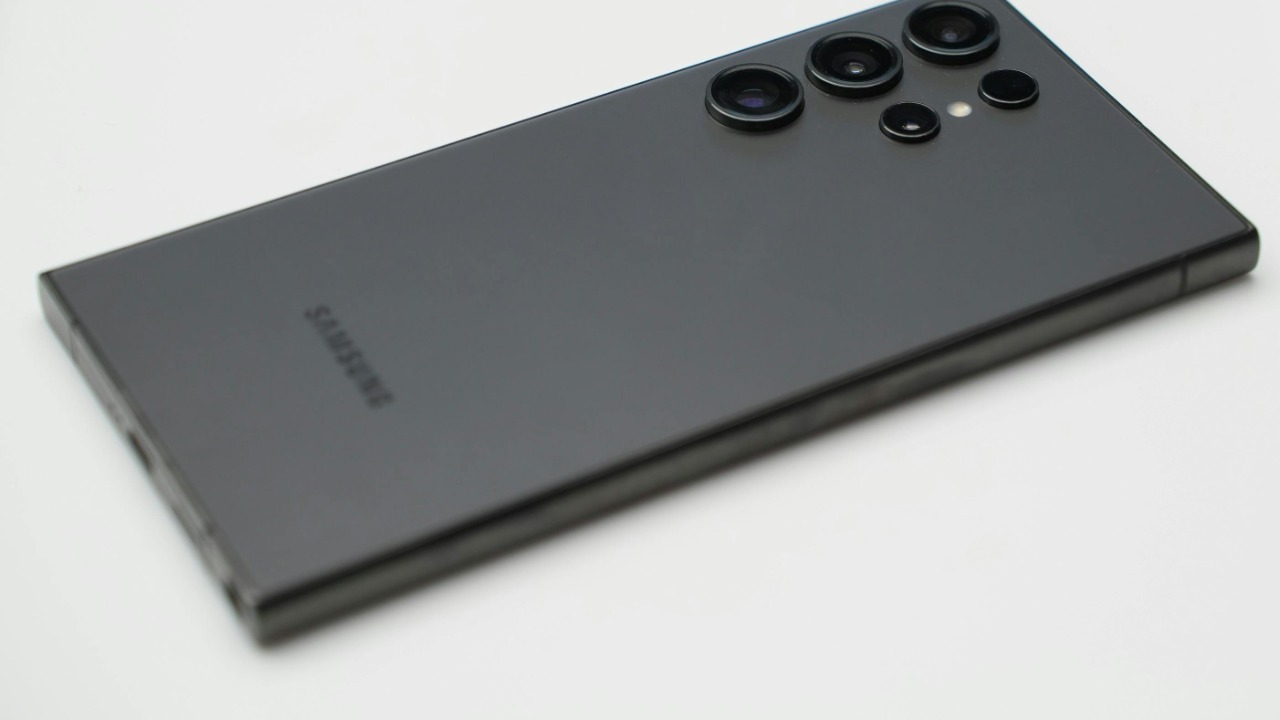
The legal landscape surrounding pre-installed software on smartphones is complex and varies significantly across different jurisdictions. In some countries, regulations have been implemented to protect consumers from excessive bloatware. For instance, the European Union has taken steps to ensure that consumers have more control over the software on their devices, requiring manufacturers to provide options to uninstall certain pre-installed apps. However, these regulations are not always comprehensive, and enforcement can be inconsistent.
Samsung could potentially face legal actions and lawsuits due to its bloatware practices. Legal challenges may arise if consumers feel that their rights to privacy and choice are being violated. The lack of uniformity in international regulations further complicates the issue. For example, while some regions may have strict rules regarding pre-installed software, others may have more lenient approaches, leaving consumers with varying levels of protection. These international differences highlight the ongoing debate over the need for global standards to address bloatware and protect consumers consistently.
Technical Challenges and Solutions
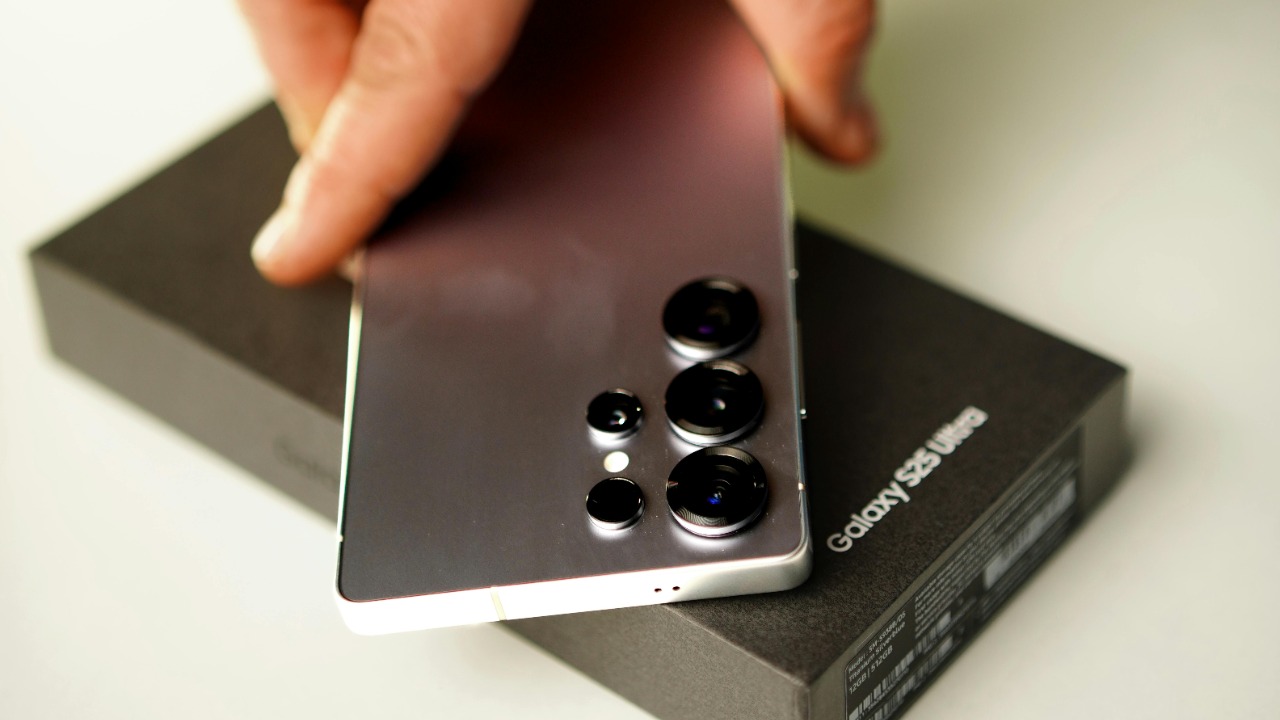
From a technical standpoint, bloatware can significantly impact the performance and storage capabilities of a smartphone. These pre-installed apps often consume a considerable amount of storage space, reducing the capacity available for user data and additional applications. Moreover, bloatware can run in the background, consuming system resources such as RAM and CPU power, which can lead to slower device performance and reduced battery life. For users who prioritize device efficiency and performance, the presence of bloatware can be a significant drawback.
Several methods and tools are available for users who wish to remove or disable bloatware. Advanced users may choose to root their devices, which allows them to access system files and remove unwanted apps. However, this process can void warranties and potentially brick the device if not done correctly. Alternatively, third-party apps like Package Disabler Pro and Debloater offer less risky solutions by disabling bloatware without rooting. In response to consumer concerns, Samsung has acknowledged the issue and has started providing more options for users to disable certain pre-installed apps. However, these solutions are often seen as insufficient, leaving room for improvement in addressing consumer demands.
The Future of Smartphone Software
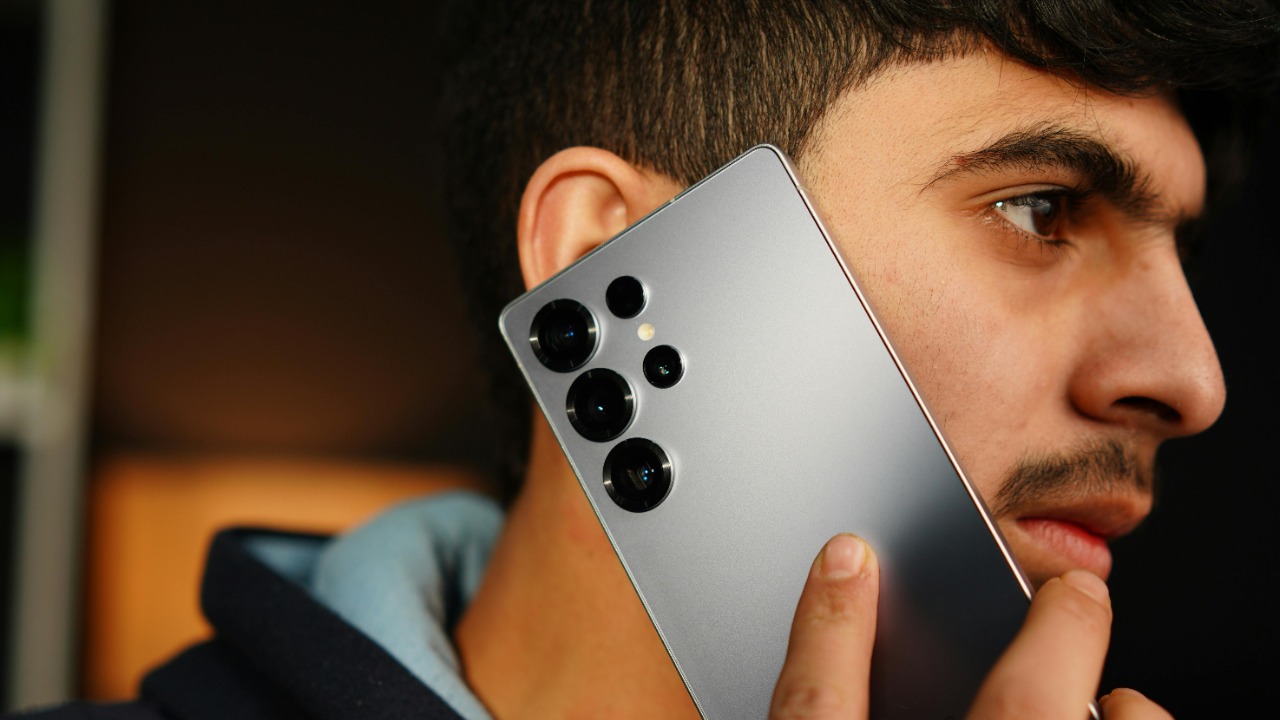
As the smartphone industry continues to evolve, the future of bloatware remains uncertain. There is a growing demand for cleaner, more efficient software experiences, driven by consumers who prioritize performance and privacy. This shift in consumer preferences may prompt manufacturers to reconsider their bloatware strategies. Companies might start offering devices with minimal pre-installed apps or provide easier options for users to manage and uninstall bloatware.
User feedback will play a crucial role in shaping future smartphone software policies. As manufacturers like Samsung face mounting criticism, they are likely to pay closer attention to consumer demands for greater control over their devices. The emphasis on user-centric design and transparency could lead to significant changes in how bloatware is handled. By prioritizing user feedback, manufacturers have the opportunity to foster trust and loyalty among their customer base, ultimately influencing the direction of the industry as a whole. For additional insights on removing unwanted software, you can explore guides like this one on removing bloatware from smart TVs.